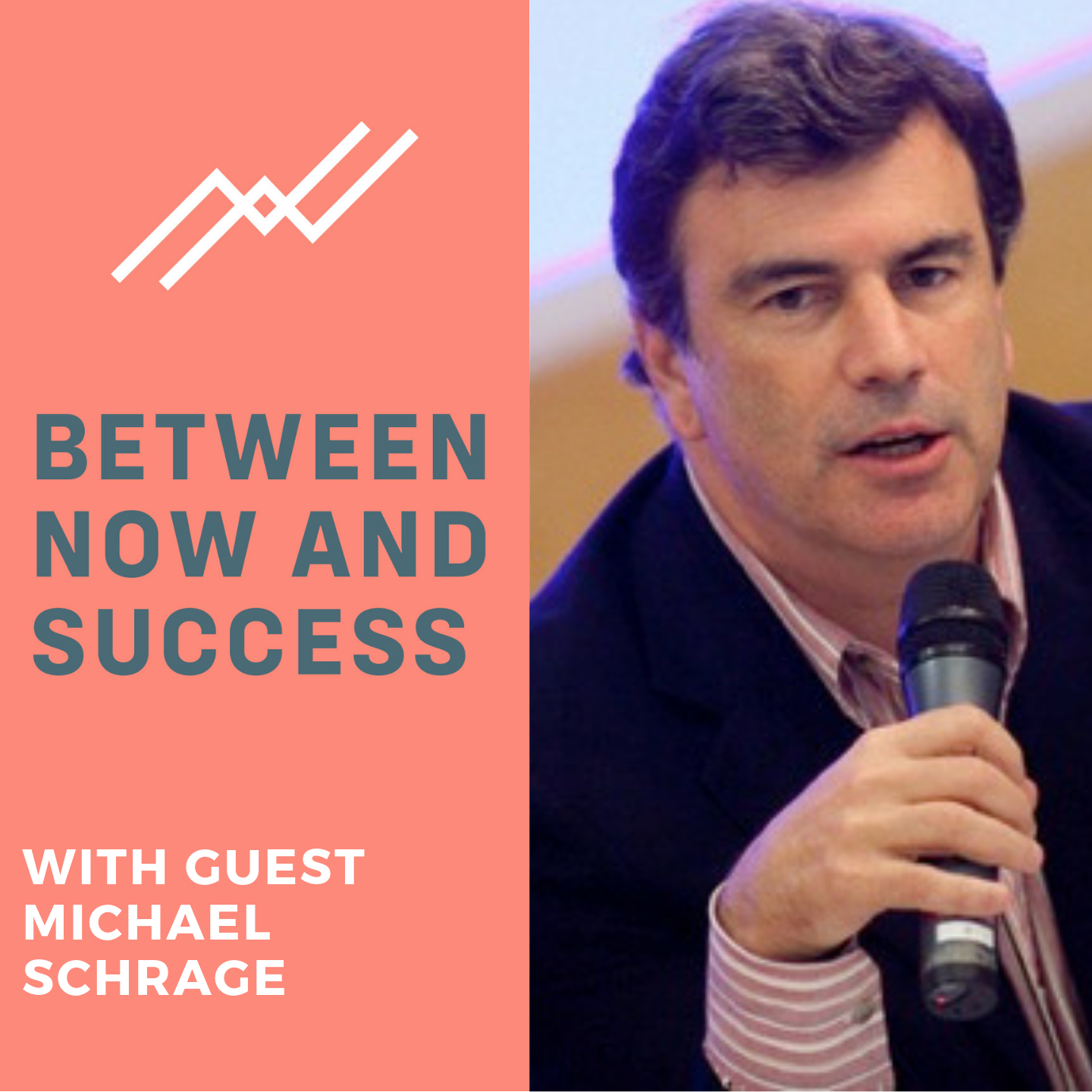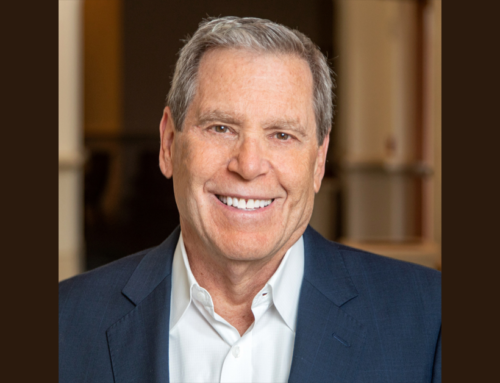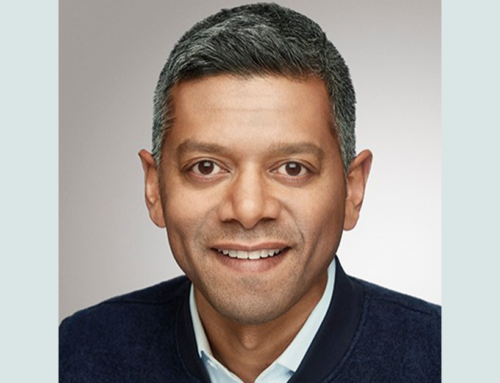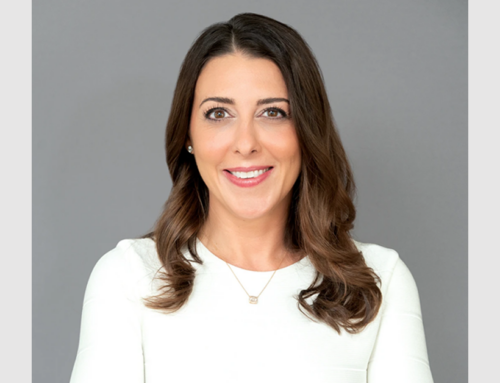Does the future of advice look like advisors who will follow a machine learning generated script that is customized and tailored to the client from all the data and insight generated about that particular client?
How well are you using advisor technology to automate your business, augment your work as an advisor, and segment and personalize the value you deliver to your clients? Have you thought strategically about your business model and how you use technology to support it in a profitable way?
In today’s show, I chat with Michael Schrage, who is one of the world’s most provocative thought leaders on innovation. He’s also a research fellow at the MIT Sloan School’s Center for Digital Business, a columnist for Harvard Business Review, Fortune, CIO Magazine and MIT’s Technology Review, and the author of multiple books. Perhaps no one knows more about how to maximize return on investment from innovation processes than Michael.
To continue reading the rest of this post, please register below with your email address.
I first became aware of Michael nearly 20 years ago when I read his article, The Relationship Revolution. In the article he said we should think about technology as a way to enhance relationships, and not just as a way to add value to information. It stuck with me.
Our conversation covers several topics including:
- How to align using advisor technology to automate, augment, and segment and personalize the work you do.
- The importance of figuring out your business model (e.g., a highly automated mass market model like Betterment (See my convo with founder Jon Stein), a high-end, hands-on boutique like AdvicePeriod (See my convo with founder Steve Lockshin)) and how you use advisor technology to support it.
- How the future of advice may involve using advisor technology to gather information that leads to insight that allows you to deliver greater value with greater confidence to your selected clients (See my convo with Envestnet founder Jud Bergman on using big data).
- How advisor technology can deepen your client relationships instead of just “scaling” them.
- How to use data to optimize what’s in the best interests of your clients.
- Why robo-advisors are not commoditizing investment management–despite what many people believe.
Insights About the Future of Advice From Michael Schrage
– Where do you use technology to automate, (to take human beings out of the loop), where do you use technology to augment, (to add value to the human beings in the loop), and where do you use technology to segment and personalize your client relationships? Once you figure that out, you have to determine where you are going to get a better return on your advisor technology spend. Is it in automating, augmenting, or segmenting and personalizing?
– One of the most interesting results I have seen from professional services organizations, not just in finance, but all over, is the use of technology and analytics to get more value from the relationships that matter most. Technology allows you to understand the 80-20 principle for your business and not focus on the clients who are costing you money while enabling you to spend more time with the clients who really matter.
– It may well be that the most successful financial advisors in the future are ones who do the best job of following with affect, with emotion, with genuine compassion and caring, a machine learning generated script that is customized and tailored to the client from all the data and insight generated about that particular client.
– As one advisor told Michael, the best conversations he had with his clients were the ones that had nothing to do with money. Is that who you want your clients to become–clients for whom your best conversations are the ones that have nothing to do about money? What a clear crisp metric of effectiveness.
– Robo-advisors don’t turn things into commodities. The idea that ETFs, that investments are going to be commoditized–they’re not. Why? Because how customers and clients experience things are different. Robo-advisors may make investing cheaper but they’re not commoditizing investing because how clients meet their needs and get value from them, how they are made to feel comfortable and increase their level of trust and confidence in you, is different. Robo-advisors and the instruments they use are a means to an end. The satisfaction clients get from how those instruments make aspects of their lives better or easier or more enjoyable is the key, not the instruments themselves.
Resources
– Check out Michael’s books:
The Innovator’s Hypothesis: How Cheap Experiments Are Worth More than Good Ideas (MIT Press)
Who Do You Want Your Customers to Become?
Serious Play: How the World’s Best Companies Simulate to Innovate
– Check out his articles:
From BigThink
– Values Clarification Toolkit Click here to download this FREE tool and start living your values.





